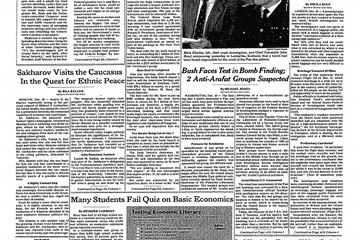Understanding the Impact of Looting in Modern Society

Introduction
Looting, the act of stealing goods from a place, typically during a riot or civil disorder, has garnered significant attention in recent years. Its importance lies not only in the immediate economic losses but also in the broader social implications it carries. As cities grapple with rising tensions, understanding looting’s causes and effects becomes essential to addressing the underlying issues present in society today.
Recent Events
Recent instances of looting have highlighted the intersection of social movements and civil unrest. Notably, during the protests following the death of George Floyd in 2020, significant looting occurred in various cities across the United States. These events reignited debates around racial inequality, police brutality, and the legitimacy of protest methods. Similarly, in the UK, protests following the Sarah Everard case showed pockets of looting amidst protests, stirring similar discussions about how the public perceives acts of civil disobedience.
In addition, the economic fallout of the COVID-19 pandemic has exacerbated tensions, with some individuals resorting to looting as a means of survival. With many businesses shuttered and economic opportunities dwindling, the desperation felt by some communities raises questions about social safety nets and government support. In recent incidents, shopkeepers have reported significant losses, with estimates running into millions, as businesses struggle to recover.
Societal Response
The societal response to looting has varied. Some see it as a desperate act resulting from systemic failures, while others perceive it as a breakdown of law and order. Media coverage often plays into these narratives, with images of destruction and chaos overshadowing the legitimate grievances that spark such actions. Advocates call for a nuanced approach, emphasising the need for social reforms, rather than merely punitive measures against looters. Policies aimed at addressing income inequality, enhancing community engagement, and fostering dialogue between law enforcement and citizens are proposed solutions by many activists.
Conclusion
Looting remains a controversial and complicated phenomenon with deep-rooted implications for society. As communities continue to contend with the consequences of civil unrest, understanding the motivations behind looting and its effects on public safety and community trust is crucial. While it may initially seem an impulsive act of vandalism and theft, it is oftentimes a reflection of broader societal discontent. As we move forward, it will be vital to address the underlying causes while seeking ways to foster dialogue, understanding, and mutual respect in order to prevent future occurrences.








